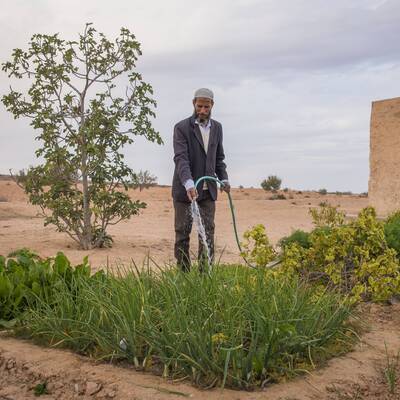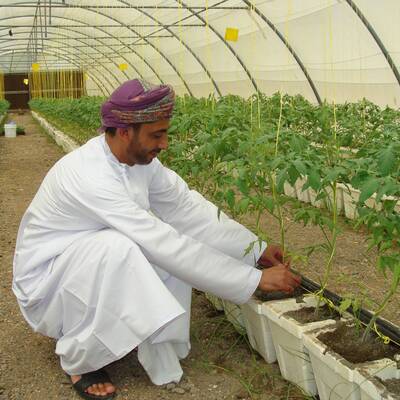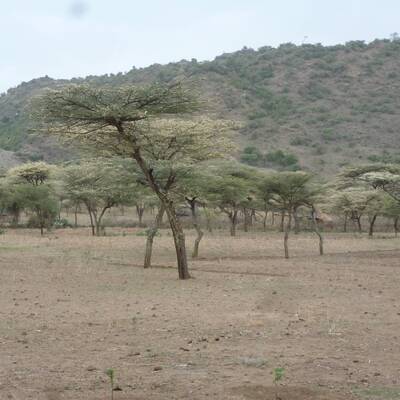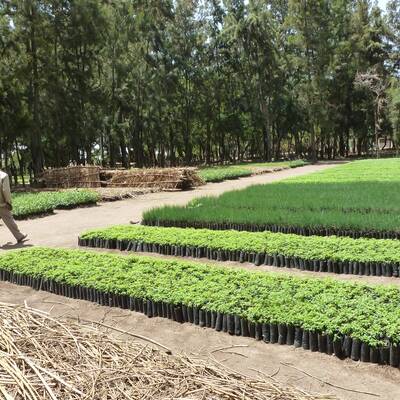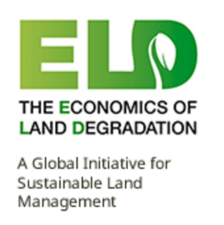Land and soil degradation are the major challenges for sustainable development. The ELD Initiative, through economic evaluation, provides reliable and scientifically robust information on the economic implications of the loss of terrestrial ecosystem services and economic benefits of relevant investments. Transfer of this knowledge into the countries is thus highly relevant and important in order to enhance the countries’ efforts to address land degradation issues.



